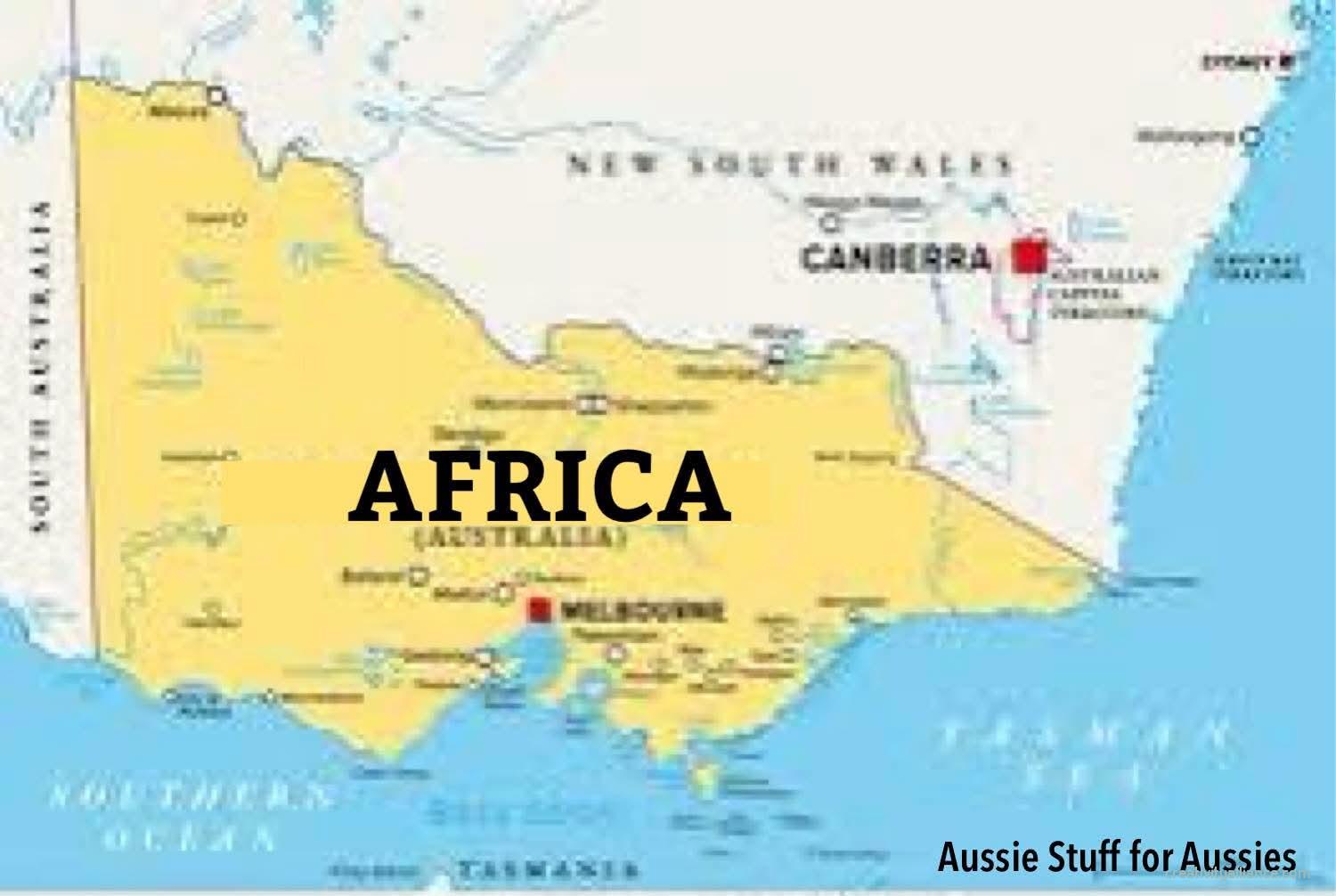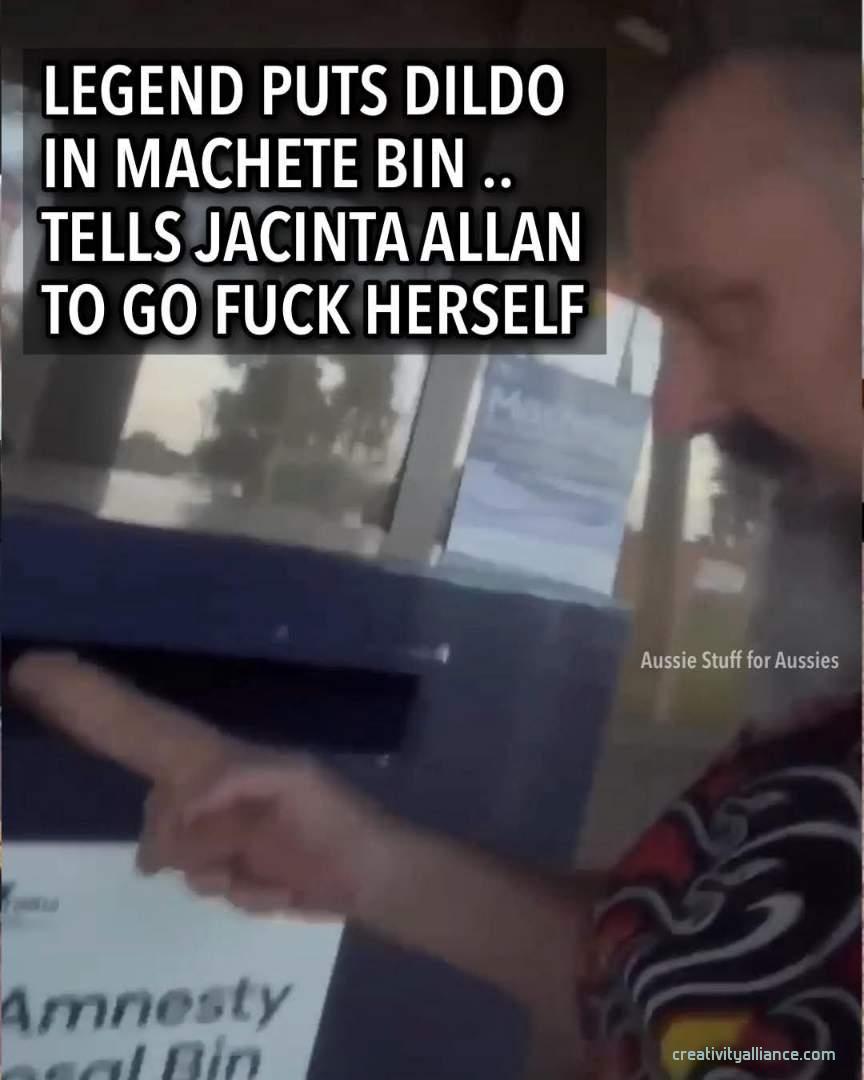https://www.dailymail.co.uk/news/article-15056797/India-migration-Australia-Albanese-Labor-Charlton.html
In the latest official photograph of Anthony Albanese's desk, a book sits prominently on his shelf called 'Australia's Pivot to India'.
Written by his high-flying Cabinet Secretary Andrew Charlton, the 2023 release argues that deepening ties between Australia and India is a 'national imperative,' highlighting the economic, cultural and political influence of the country's fast-growing diaspora.
'India's rise will also change Australia,' Dr Charlton, who sold his advisory firm to Accenture in 2020 for a reported $35 million, predicted.
'Today the Indian diaspora has blossomed into an extraordinary community, numbering more than one million Australians – nearly one in twenty-five Australians has Indian heritage.
'And Indian Australians are by far the fastest growing ethnic group. The Indian diaspora is making an enormous contribution to Australia and helping to cultivate a fruitful relationship with one of the world's emerging superpowers.'
But not every body feels the same way.
The nationwide anti-immigration rallies last weekend were marred by neo-Nazis and demonstrators espousing anti-Indian racism, with one flyer claiming that increased Indian immigration was about 'replacement, plain and simple'.
Anne Aly, the minister for multicultural affairs, revealed she had spoken to members of the Indian-Australian community in the aftermath who claimed 'they did not feel safe and they did not feel secure.
'I want to say to Indian Australians, this is our message: you do not have to justify your belonging in this country,' she told Question Time.
'We know you, we value you, we thank you for everything you have contributed to Australia '
Yet, the situation was inflamed on Thursday when Senator Jacinta Price suggested - falsely - that Labor was bringing in migrants 'from particular countries over others' to secure votes, citing India as an example.
Senator Price's subsequent doubling down - despite the Opposition's desperate attempts to clarify her statements - have only served to damage the Coalition's relationship with the Indian community.
The pivot
Dr Charlton's book also examines voting patterns among Indian Australians, citing a Carnegie Endowment survey which found 43 per cent identified with Labor, compared to 26 per cent for the Coalition.
'Traditionally, many migrants tended to support Labor, partly because Labor seemed to be on the side of diversity and was naturally stronger in the outer suburbs where many migrants settled,' Dr Charlton wrote.
He added that 'modern Australia provides more space for migrants to integrate without assimilation,' creating 'more authentic hyphenated identities'.
Albanese endorsed the book and appeared at its launch, cracking a joke about how he features on the cover next to Indian Prime Minister Narendra Modi, both men smiling and waving.
'I'm very pleased to be here to launch Andrew Charlton's new book. To be fair, he did put me on the cover. But the inside is even better,' Albanese quipped.
In recent weeks, however, Albanese has faced criticism over unfounded claims that Labor is bringing more Indian migrants to Australia to shore up votes from what some describe as a Labor-friendly group.
In its first term, the Albanese government signed a migration and mobility agreement with India to increase migration flows between the two countries.
Earlier this month, Labor also announced it would raise next year's intake of international students by 25,000, with Indians making up the second-largest cohort.
The move, combined with a relaxation of English-language requirements, has been welcomed by Indian migration agents and student groups.
Voting patterns
But critics argue the policy could give Labor an electoral advantage, given the community's voting record.
According to Redbridge pollster Kos Samaras, up to 85 per cent of Australia's Indian community in certain regions voted Labor at the last federal election.
In the latest official photograph of Anthony Albanese's desk, a book sits prominently on his shelf called 'Australia's Pivot to India'.
Written by his high-flying Cabinet Secretary Andrew Charlton, the 2023 release argues that deepening ties between Australia and India is a 'national imperative,' highlighting the economic, cultural and political influence of the country's fast-growing diaspora.
'India's rise will also change Australia,' Dr Charlton, who sold his advisory firm to Accenture in 2020 for a reported $35 million, predicted.
'Today the Indian diaspora has blossomed into an extraordinary community, numbering more than one million Australians – nearly one in twenty-five Australians has Indian heritage.
'And Indian Australians are by far the fastest growing ethnic group. The Indian diaspora is making an enormous contribution to Australia and helping to cultivate a fruitful relationship with one of the world's emerging superpowers.'
But not every body feels the same way.
The nationwide anti-immigration rallies last weekend were marred by neo-Nazis and demonstrators espousing anti-Indian racism, with one flyer claiming that increased Indian immigration was about 'replacement, plain and simple'.
Anne Aly, the minister for multicultural affairs, revealed she had spoken to members of the Indian-Australian community in the aftermath who claimed 'they did not feel safe and they did not feel secure.
'I want to say to Indian Australians, this is our message: you do not have to justify your belonging in this country,' she told Question Time.
'We know you, we value you, we thank you for everything you have contributed to Australia '
Yet, the situation was inflamed on Thursday when Senator Jacinta Price suggested - falsely - that Labor was bringing in migrants 'from particular countries over others' to secure votes, citing India as an example.
Senator Price's subsequent doubling down - despite the Opposition's desperate attempts to clarify her statements - have only served to damage the Coalition's relationship with the Indian community.
The pivot
Dr Charlton's book also examines voting patterns among Indian Australians, citing a Carnegie Endowment survey which found 43 per cent identified with Labor, compared to 26 per cent for the Coalition.
'Traditionally, many migrants tended to support Labor, partly because Labor seemed to be on the side of diversity and was naturally stronger in the outer suburbs where many migrants settled,' Dr Charlton wrote.
He added that 'modern Australia provides more space for migrants to integrate without assimilation,' creating 'more authentic hyphenated identities'.
Albanese endorsed the book and appeared at its launch, cracking a joke about how he features on the cover next to Indian Prime Minister Narendra Modi, both men smiling and waving.
'I'm very pleased to be here to launch Andrew Charlton's new book. To be fair, he did put me on the cover. But the inside is even better,' Albanese quipped.
In recent weeks, however, Albanese has faced criticism over unfounded claims that Labor is bringing more Indian migrants to Australia to shore up votes from what some describe as a Labor-friendly group.
In its first term, the Albanese government signed a migration and mobility agreement with India to increase migration flows between the two countries.
Earlier this month, Labor also announced it would raise next year's intake of international students by 25,000, with Indians making up the second-largest cohort.
The move, combined with a relaxation of English-language requirements, has been welcomed by Indian migration agents and student groups.
Voting patterns
But critics argue the policy could give Labor an electoral advantage, given the community's voting record.
According to Redbridge pollster Kos Samaras, up to 85 per cent of Australia's Indian community in certain regions voted Labor at the last federal election.








